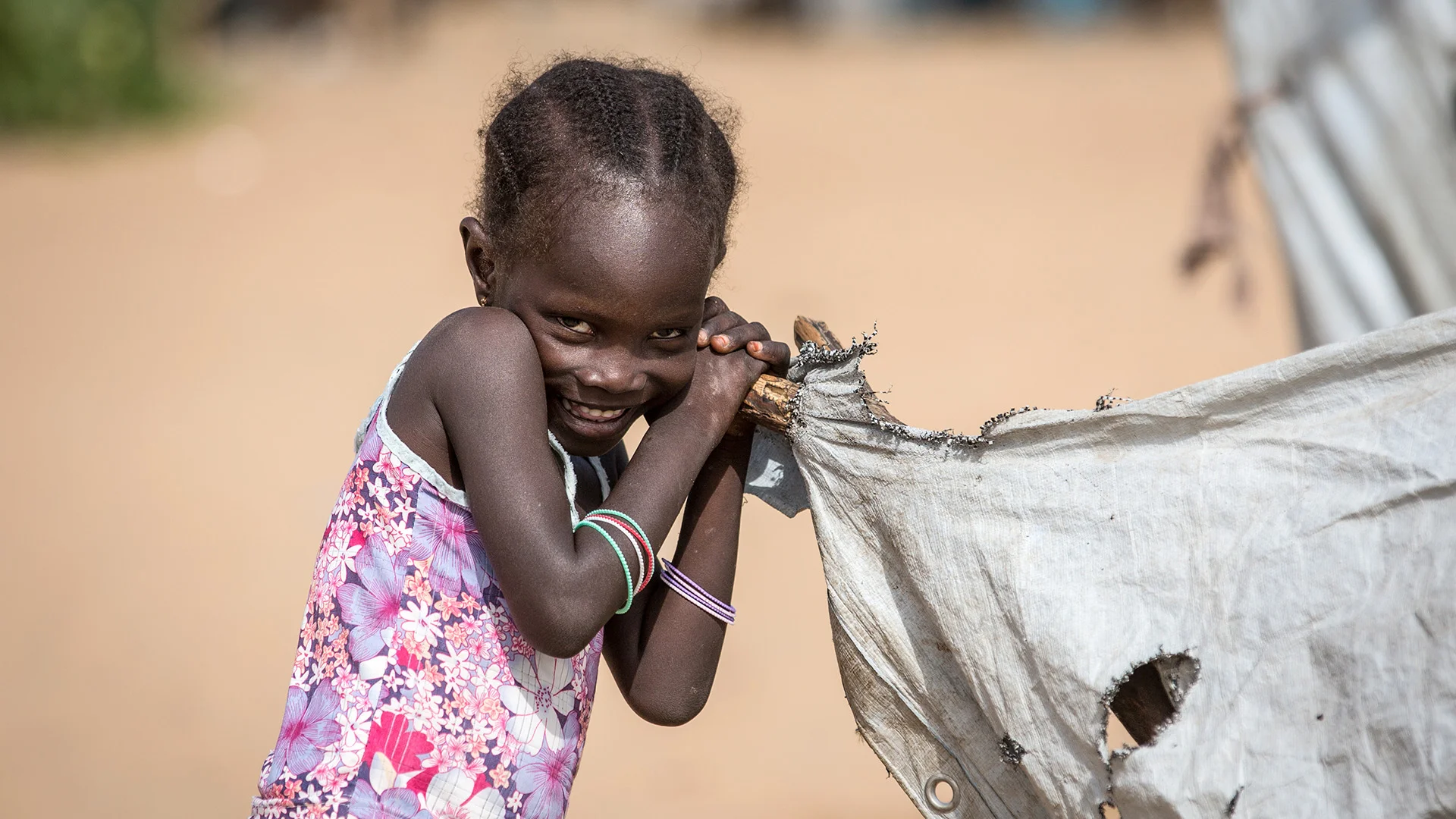On September 25, 2015, the heads of state and government of the 193 UN Member States adopted the 2030 Agenda for Sustainable Development (Sustainable Development Goals or SDGs). The Sustainable Development Goals represent a historic opportunity: for the first time, all states without exception have taken on the task of assuming responsibility for current and future generations to create a fairer world and a more livable future for all.
At the core of Agenda 2030 are 17 goals designed to advance economic, social and environmental development. Their priorities are as follows:
- Dignity: Defeating poverty and achieving gender equality
- Health and wellbeing: Enabling healthy and self-determined lives
- Education and the world of work
- Environment: Preserving and protecting ecosystems for future generations
- Justice: Strengthening security, peace and fair structures
- Prosperity: Promoting sustainable and inclusive economies
For a more detailed description of the 17 Sustainable Development Goals, please refer to our fact sheet here.
Focusing on children’s rights
The Sustainable Development Goals cannot be achieved without realizing children’s rights. As world leaders work to deliver on the 2030 promise, children around the world are advocating to secure their rights to good health, quality education, a clean planet and more. As tomorrow’s leaders, children’s ability to protect the future for all of us depends on what we do now to secure their rights.
More than 100 Member States renewed their commitment to children’s rights as part of the implementation of the SDGs. UNICEF is working with governments, partners and other UN agencies to help countries achieve the goals for every child: now and for generations to come.
The World’s Largest Lesson
By learning about the Sustainable Development Goals, children can do their bit to make the world a better place. That is why in 2015, leaders from all 193 United Nations Member States forged an ambitious plan: together with partner organizations, UNICEF organized the World’s Largest Lesson. Teachers decide when and how these lessons will be held.
Learn more about the project:
https://worldslargestlesson.globalgoals.org/
https://sustainabledevelopment.un.org/
Are we on track?
Almost five years after the global community set these ambitious goals, UNICEF asked itself the following questions in 2019: Are we on track to achieve the goals for children? And do we have enough information to know that?
The report “Are we on Track?” concluded that, based on current trends, by 2030
- an additional 10 million children will die from preventable causes before their fifth birthday;
- 31 million children will be stunted due to inadequate nutrition;
- 22 million children will be unable to access pre-school education;
- 150 million girls will marry before their 18th birthday;
- 670 million people, many of them children, will still not have access to the drinking water that is essential for survival.
In addition, nearly a billion children (945 million) live in countries where the SDGs remain unattainable. There are also around 520 million “uncounted” children, in other words children living in countries where there is no or not enough data to assess progress toward the SDG targets.
UNICEF works tirelessly to ensure that all countries collect a minimum quantity of data on children, regardless of their resources and capabilities. If the world is to eradicate poverty, combat climate change and build peaceful, inclusive societies for all by 2030, it has to start with a clear picture of where we are and where we need to go.
